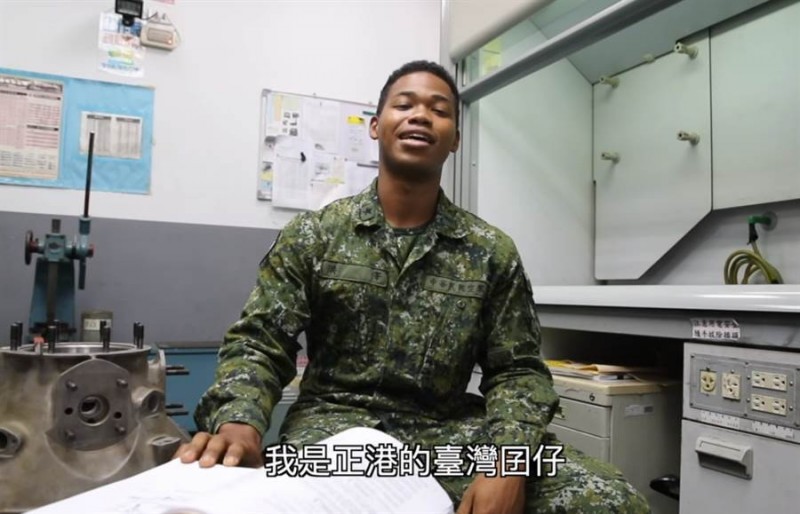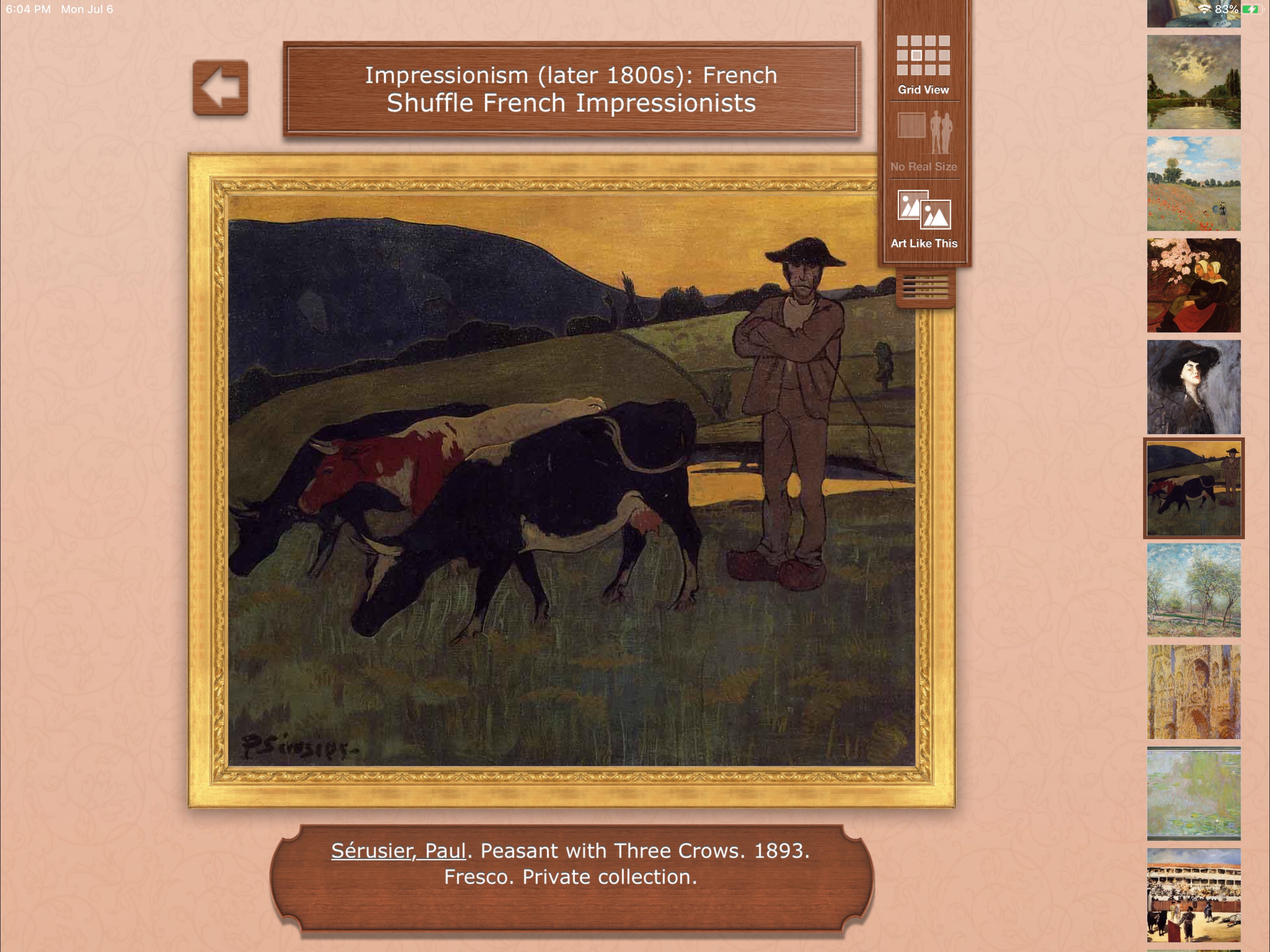Tilting vessel
Earlier this year, we had a post about a fascinating new Wikipedia article on "Goblet word" (5/30/20). That post was about a vessel that served as an analogy for a rhetorical device called zhīyán 卮言 ("goblet word"). Now we have another magisterial Wikipedia article by an anonymous master of Chinese esoterica. It's about another name for a similar type of vessel called qīqì 欹器, "tilting vessel".
The qīqì (欹器, "tilting vessel" or "tipping vessel") was an ancient Chinese ceremonial utensil that automatically overturned and spilled its contents once it reached capacity, thus symbolizing moderation and caution. Both Confucian and Daoist Chinese classics include a famous anecdote about the first time Confucius saw a tilting vessel. In the Confucian tradition (e.g., Xunzi) it was also named yòuzuò zhī qì (宥座之器, "vessel on the right of one's seat"), with three positions, the vessel tilts to one side when empty, stands upright when filled halfway, and overturns when filled to the brim—illustrating the philosophical value of the golden mean. In the Daoist tradition, the tilting vessel was named yòuzhī (宥卮, "urging goblet" or "warning goblet"), with two positions, staying upright when empty and overturning when full—illustrating the metaphysical value of emptiness, and later associated with the Zhuangzian zhīyán (卮言, "goblet words") rhetorical device.
Read the rest of this entry »




